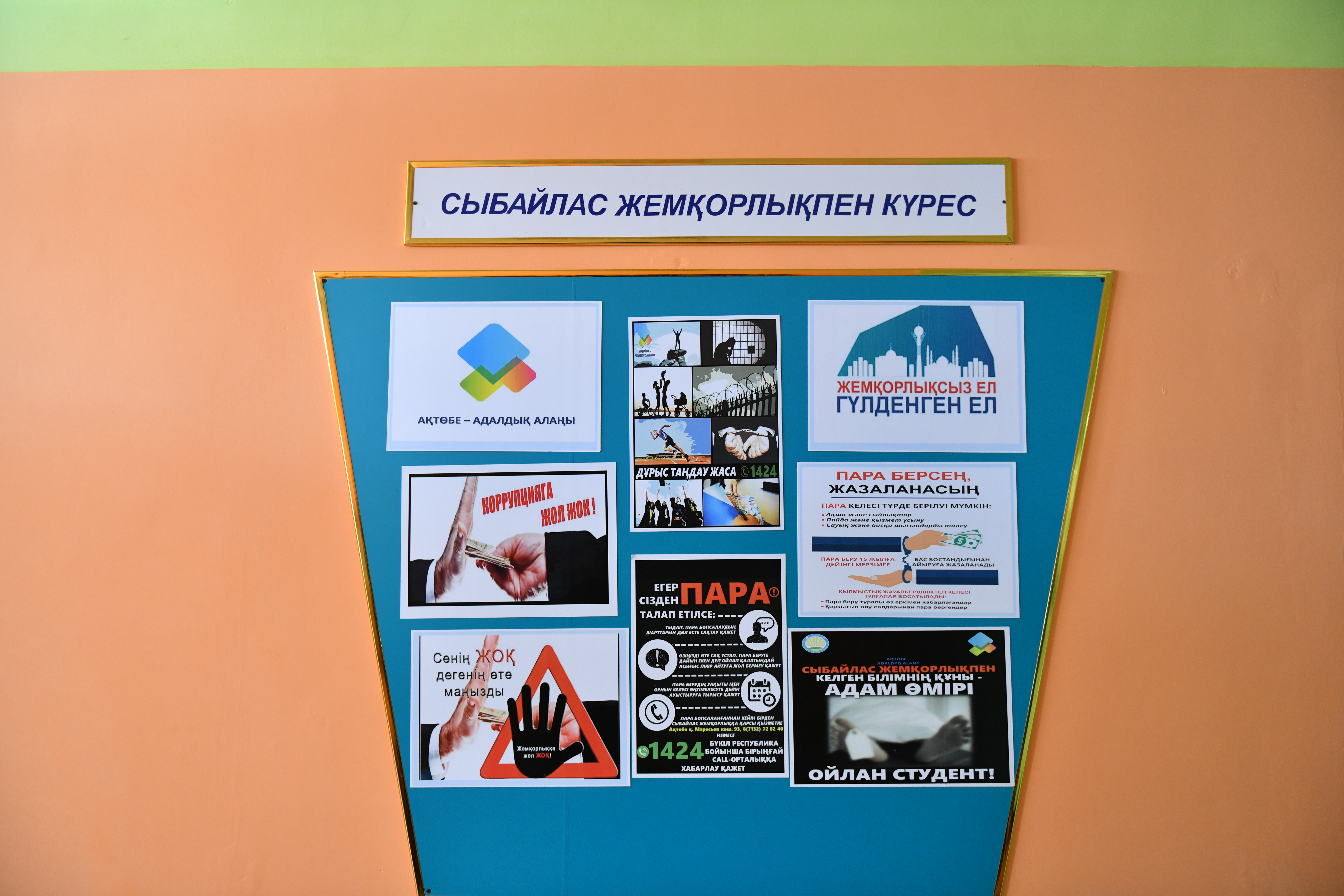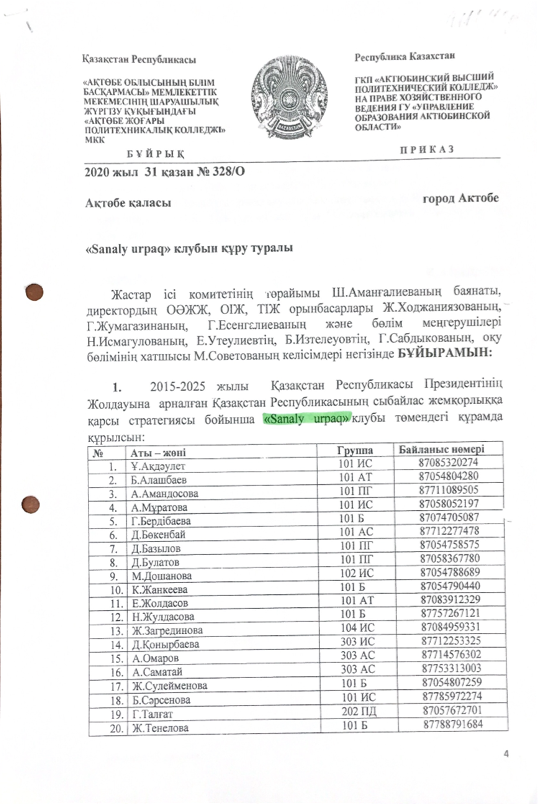Social and psychological service

Kosdoulet Aizada Darkhankyzy
Work experience: 3 years
Education: Higher education, 2014-2018. Aktobe Regional State University named
after K. Zhubanov.

Shortanbayeva Aitalyn Temirbekovna
Work experience: 6 years
Education: Higher education, 2018-2021. S. Baishev University.
Dear students!
Sometimes anyone wants to be listened to and understood, given advice, given free rein to his thoughts, feelings, and demanded a lot of support and Advice from him. We want to purify our thoughts, push out of us a variety of emotions.
Therefore, tell your secrets, talk to your parents, teachers, friends and family, and if no one understands you at this moment, dear young students, friends, we will always find support and help for you! Life is an inimitable time for you! Let’s appreciate the ardent youth and precious time!!!
Psychological service

- The main activities of the psychological service at the college: The psychological service at the college works in the following areas:psychodiagnostic work
psychological education (prevention)
psychological prevention
psychocorrection (psychocorrection) and development
psychological counselingPsychological diagnostics is an area that provides a scientific justification for the deviation from the norm of the features of interpersonal development of students and parents. The purpose of psychological diagnostics: the study of individual and age characteristics of personality, interpersonal relationships. The main task of psychological diagnostics is to give teachers the necessary information about the individual psychological characteristics of children. Before starting psychological diagnostics, during the school year it is necessary to explain the goals and objectives of the tests, collect their written permissions, hands.Psychological education (prevention) – providing a teacher, parents, student with psychological knowledge, bringing news. The purpose of psychological education is to prevent accidents in the mental and personal development of the individual, to increase the psychological competence of teachers, parents. Preparation of lectures, talks, workshops, parent meetings, exhibitions, memos for psychological education. Creating conditions for a happy life for children at the present time. That is, through psychological education of adults, to make sure that this is the main problem.
Psychological prevention – measures to prevent possible deviations. The purpose of psychological prevention is to preserve and develop the psychological health of children at all age stages. Taking into account each age period, the most responsible areas of the psychologist’s work are the development and implementation of ten development programs for children, the adoption of preventive measures, the creation of conditions for the full development of the child through education and schooling.
Psychocorrection (psychocorrection) and development – correction and correction, provides corrective measures for children with disabilities. The purpose of psychological correction: overcoming psychological deviations in the personal development of children, the formation of various positive skills and abilities. Correctional and developmental orientation in the work of a psychologist, the most difficult field of activity. Therefore, this direction requires skill from a practical psychologist.
Conducting psychological consultations (consultations), professional consultations (consultations) – on a diagnostic basis. The purpose of psychological counseling: to assist participants in pedagogical processes in solving problems arising in the educational process. In consulting work, along with the development of the skills and abilities of a psychologist, this requires special training.
Task:
identification of the condition of students, psychodiagnostic, psychological correctional-developmental and psychological counseling, prevention of negative life situations.
providing psychological assistance to improve the institution of the family, improve the relationship between parents and children.
improving the state of the team, strengthening cohesion and personal counseling.
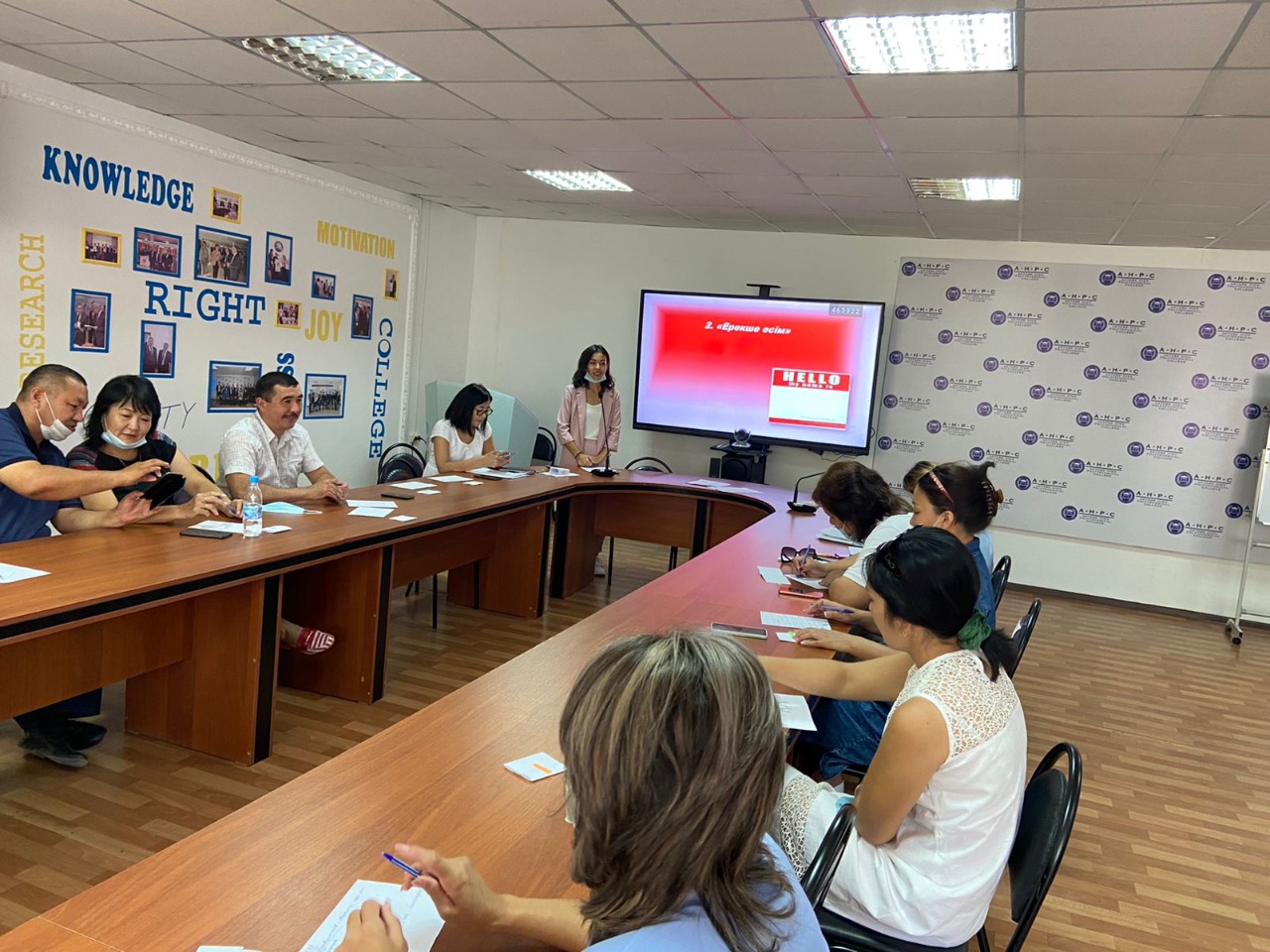
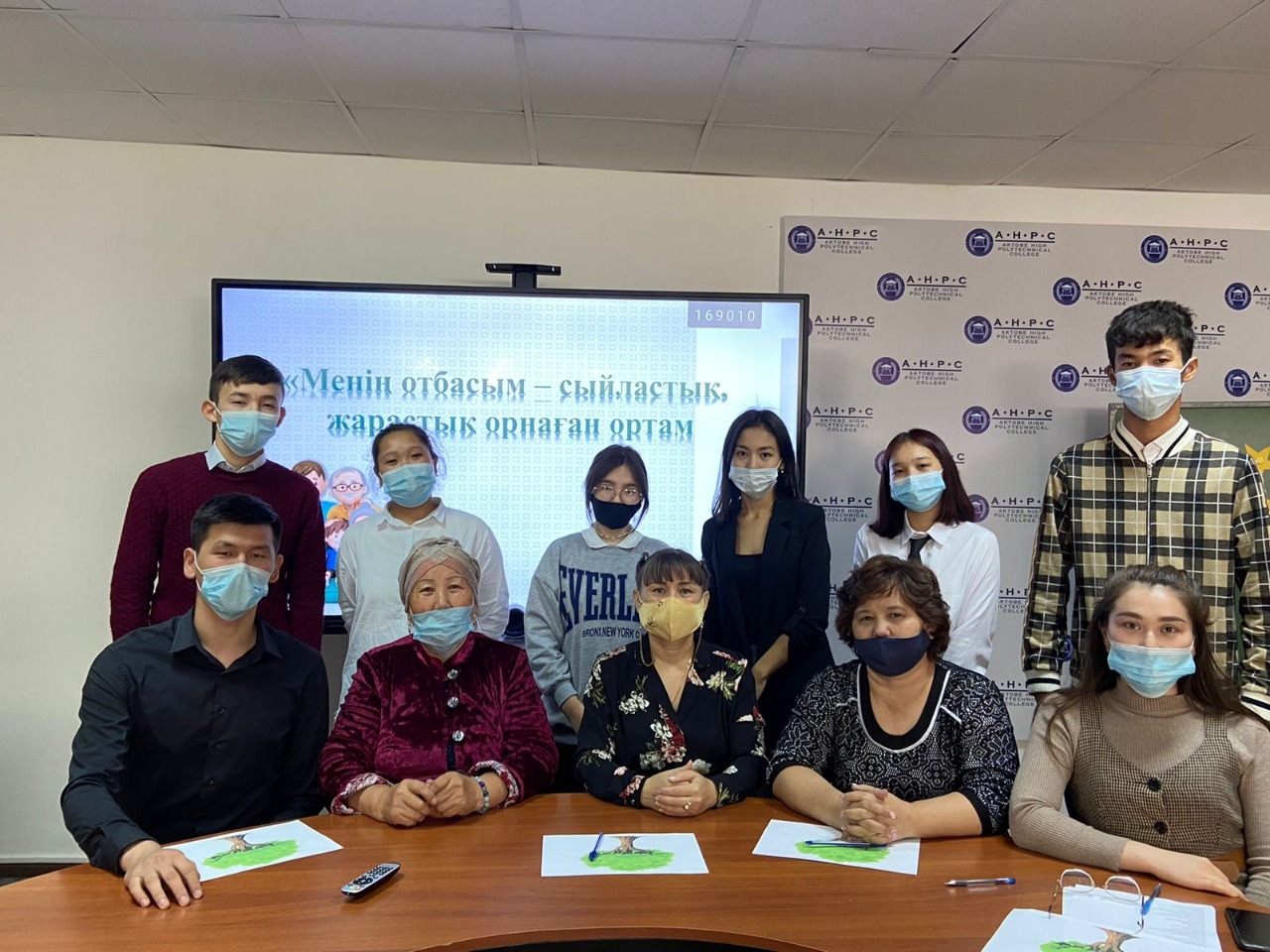
How to take responsibility for your life:
10 useful tips
Before talking about how to take responsibility for your life, you should initially decide that only you personally are 100% responsible for everything that happens to you. We always make a choice in life, and the further result depends on what it will be. What should be done
1. Stop blaming.
To take responsibility for your life, you need to stop blaming situations and other people for your misfortunes. It is not necessary to become like a victim, blaming everything on a bad childhood, social problems, difficulties encountered on the way. In fact, these accusations will not change your life, will not help you become a successful and happy person. Avoiding responsibility arises from not knowing how to do something. Usually, those people for whom everything was decided in life, except for themselves, cannot take responsibility. They have been taught since childhood that if something doesn’t work out, mom or someone else will do it. Such people still need not to give up, but to begin a consistent training of independence, which will lead to a gradual maturation of the personality.
2. Stop making excuses.
By making excuses, you don’t give yourself the opportunity to learn from your own mistakes. What is happening is what was mentioned in paragraph 1. You start blaming again, protecting yourself, dwelling on the negative. By taking responsibility for what happened, you extinguish the negative, you understand that something that happens outside of you does not matter. Only in this case it becomes clear that what you get from life is the result of your actions alone.
Pay attention to yourself
3. Love yourself.
People who have problems with self-esteem do not take responsibility for their lives. If you expect constant praise from other people in order to look better in their eyes, you give power to others. When you love and appreciate yourself, you are a self-sufficient person, there is no other choice but to take responsibility for your own life.
4. Work with daily habits.
Taking responsibility and loving yourself is more than just a state of mind – it’s actions and habits that you work on every day. Ways to help you take responsibility for your body and mind include
proper sleep;
healthy eating;
regular workouts;
increase your spirituality;
gratitude to yourself and others;
reflections.
Learn to take responsibility for your life by working on yourself daily.
Emotional state
5. Accept negative emotions.
Everyone has a light and dark side and understands that suffering is inevitable. If you don’t accept the dark part of life, it comes back with a new and stronger lesson. You need to be honest with yourself to the end. You need to learn to listen and hear your inner voice, which gives hints. Spiritual master Osho said that you need to be who you are, you don’t need to try to be different. Only in this case comes maturity and responsibility for their actions and their lives.
External attachments and honesty
6. Understand – happiness is within us.
We must consciously understand that responsibility for our lives comes when we are not chasing after something external. Now there is a lot of advertising in the world, which forces us to buy a new iPhone, new clothes, a car, shoes, appliances… It should be understood that the temporary joy of acquisition does not increase self-esteem and satisfaction. And the shopping race does not make us more responsible, rather it shows that we need someone’s approval, that we are good, that we can afford it… True happiness is inside each of us, and if we understand this, we take responsibility for our lives.
7. Do what you were told.
In any question, if what is said does not differ from the case, it means that you can take responsibility. That is, you promise and you do. This is trustworthy. How to check that the promised will be fulfilled? There are four principles to follow. Never agree or promise anything if you are not 100% sure that you can do it. Consider “yes” a contract. Make a schedule: every time you say “yes” to someone, or even to yourself, put it on the calendar. Don’t make excuses: sometimes things happen that are beyond our control. Even if you are forced to break obligations, don’t make excuses. Be honest. Being perfect with your promise means being honest with yourself and with others. You will become the guy or girl that people can rely on. What else needs to be done?
8. Don’t complain.
Taking responsibility is all you need to do for your own life. Complaining is the exact opposite of that. If you can’t act, what’s the point of complaining? It should be remembered that when you complain, you become a victim. A good example is a prayer that speaks of a request to give peace of mind in order to be able to accept what cannot be changed, to give courage to change what is possible, and wisdom to distinguish one from the other. I don’t wear flip-flops to a child and I don’t wear them myself: the harm of popular shoes Masks have become necessary for everyone. A girl from the USA learned to sew and gives them to others. Her husband brought old pallets from work. Now we spend summer evenings in the garden
9. Start acting.
One of the useful tips on how to take responsibility for your life is to start working towards your dreams, goals, ambitions. Standing still, you will not achieve any ambitions and no goals will be fulfilled. Therefore, by taking even small steps, you improve your life. Social circle
10. Communicate with friendly people.
Having relationships with people who are part of your social circle, you eventually become like them. Do not underestimate the influence of pessimistic, unscrupulous or disorganized friends. If someone doesn’t make you stronger, they make you weaker. Your social circle should consist of people who encourage you to grow, help you live a productive life. Communicating with poisonous, sarcastic people, you will do the same. Taking responsibility for your life is crucial, we are all capable of doing it, and living the best life we can. The main thing is to stop blaming other people and focus on what we can control: our actions. When you start focusing on your daily habits and doing what you say, you’ll be on your way to the life you’ve always dreamed of.
Tips for parents of first-year students on adaptation in an educational institution
Dear parents!
Your child is now a student!
Now the fears and worries are behind us, and yesterday’s entrant has a new and interesting student life ahead of him.
But it is too early to relax – it is the first year of study that is the most difficult when a student is in dire need of family support. This is due to the fact that serious changes are taking place in the personality and character of a first-year student, he is undergoing a period of adaptation.
On the one hand, he is already an adult, and on the other, he is still yesterday’s schoolboy. And this duality of status leaves an imprint on the character and on all the actions of a young man. It is known that the success of students in learning largely depends on how effective the adaptation period was in the new educational conditions.
In order to effectively support a student during a difficult period, parents need to understand the difficulties he faces. And support them during the adaptation period, because your first-year students will have to:
To realize yourself in a new capacity (“I am a student”);
Join a new student team;
Find a common language with new teachers;
Understand the new learning situation and get used to it.
At first, the guys need your control and participation.
So, parents should:
Set up their freshman in a serious way.
It is delicate to be interested in his life, and especially in what new things he learned at lectures.
Keep in touch with the homeroom teacher of the group and the college administration. Preferably unnoticed by a freshman. Again, a psychological moment. But, thanks to friendship with the head of the group or course, you will learn reliable information about the success of your child. Since some savvy students do not like to upset their parents, but prefer to deceive them.
You can also explain to him that studying at a professional educational institution requires much more independence from a student than studying at school.
It should be borne in mind that if the basic disciplines were launched in the first year of vocational training, then the study of other subjects in older courses will begin with a misunderstanding.
Many students try to combine work and study. If earning is not an urgent need for your family, then discuss with your son or daughter whether it is worth spreading your strength? Choose what is more important to you in the end: a diploma in the future or money now.
And remember that the first year of study is the most important, because it is at this time that the formation of basic learning skills takes place, the laying of basic knowledge. Thus, in the first year, your child needs to devote as much effort and time as possible to study, so that in the future he can calmly, painlessly combine study with personal life, leisure and other spheres of life.
Well, the most important thing is to morally support, believe in your child!
And he will definitely succeed.
12 tips on how to increase self-esteem
The level of self-esteem affects all human actions. It is quite possible to increase self-esteem, although this is often a rather slow process. However, conscious attempts to form self-esteem can be useful to almost everyone.
1. Stop comparing yourself to other people.
There will always be people who have more of something than you, and there are people who have less of it than you. If you do comparisons, you will always have too many opponents or opponents in front of you that you cannot beat.

Methods of work of the social and psychological service
Individual
Group
Diagnosis of individual giftedness
Lectures / Testing / Questionnaires
Personal reception and consultation
Psychological trainings and business games
Discussion
Legal Education program
Observation
Socio-psychological study of the group
Consultations for classroom teachers
Socio-psychological study of the educational process
How to behave in conflict situations
Conflict is a clash of oppositely directed goals, interests, positions, opinions or views of people.
Conflicts are an integral part of people’s relationships, so it is extremely important to learn how to adequately get out of conflict situations, while finding the right constructive solution to the problem.

How to cope with aggression
Aggression is a variety of actions that violate the physical or mental integrity of another person, cause material damage to him, hinder the implementation of his intentions, contradict his interests and lead to destruction.
There is “aggression” in each of us to one degree or another, the main thing is that it does not acquire a “malignant” character, therefore it is necessary to overcome the mild stages of aggression in advance.

- The algorithm of interaction when working with teenagersThe main areas of work
of the social serviceOrganization of social work (free meals, charity events, financial assistance);
Protection of a child in a difficult life situation;
Identification and work with SOP families; Work with large and low-income families;
Preventive work (HSE, ODN, CDN and PO, Prevention tips);
Working with foster children;
Information and consulting activities.

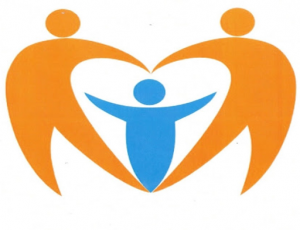
- Work with foster children living with
persons replacing parentsestablishing contact with the relatives of the guardians and their guardians;
assistance in the preparation of documents;
provision of financial assistance;
interaction with custody and guardianship inspectors;
interview with teenagers, if necessary – help in solving their problems (moral, psychological, material). For this purpose, interaction is carried out with a psychologist, a neurologist, group leaders, college administration, an inspector of guardianship and guardianship;
visiting families in order to study the conditions in which the teenager lives.Working with low-income and large familiesThis is a study of students’ families in order to identify low-income, large, incomplete, as well as socially prosperous and dysfunctional families;
Study of the conditions in which adolescents from low-income and large families live in order to provide them with material, moral and other assistance;
Work with children in interaction with a curator, psychologist, inclusion of teenagers in support groups, individual counseling;
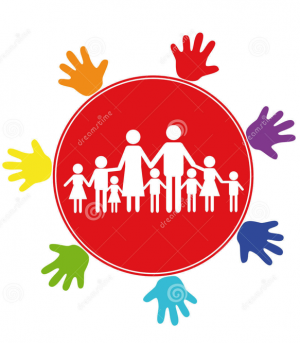
On the approval of the amounts, sources, types and Rules of providing social assistance to citizens who receive social assistance “Resolution of the Government of the Republic of Kazakhstan dated March 12, 2012 No. 320”.
Every year our college hosts a traditional charity event “From heart to heart”. The purpose of the traditional fair is the formation in the minds of the staff and students of such kind concepts as mercy, love, etc. In addition, assistance to socially vulnerable teenagers, their spiritual support. The collected funds were used to help students of dormitories and low-income and large families.



The funds collected at the regular charity events, together with the leaders of the groups, were used to help students of dormitories and large families in need of assistance.



